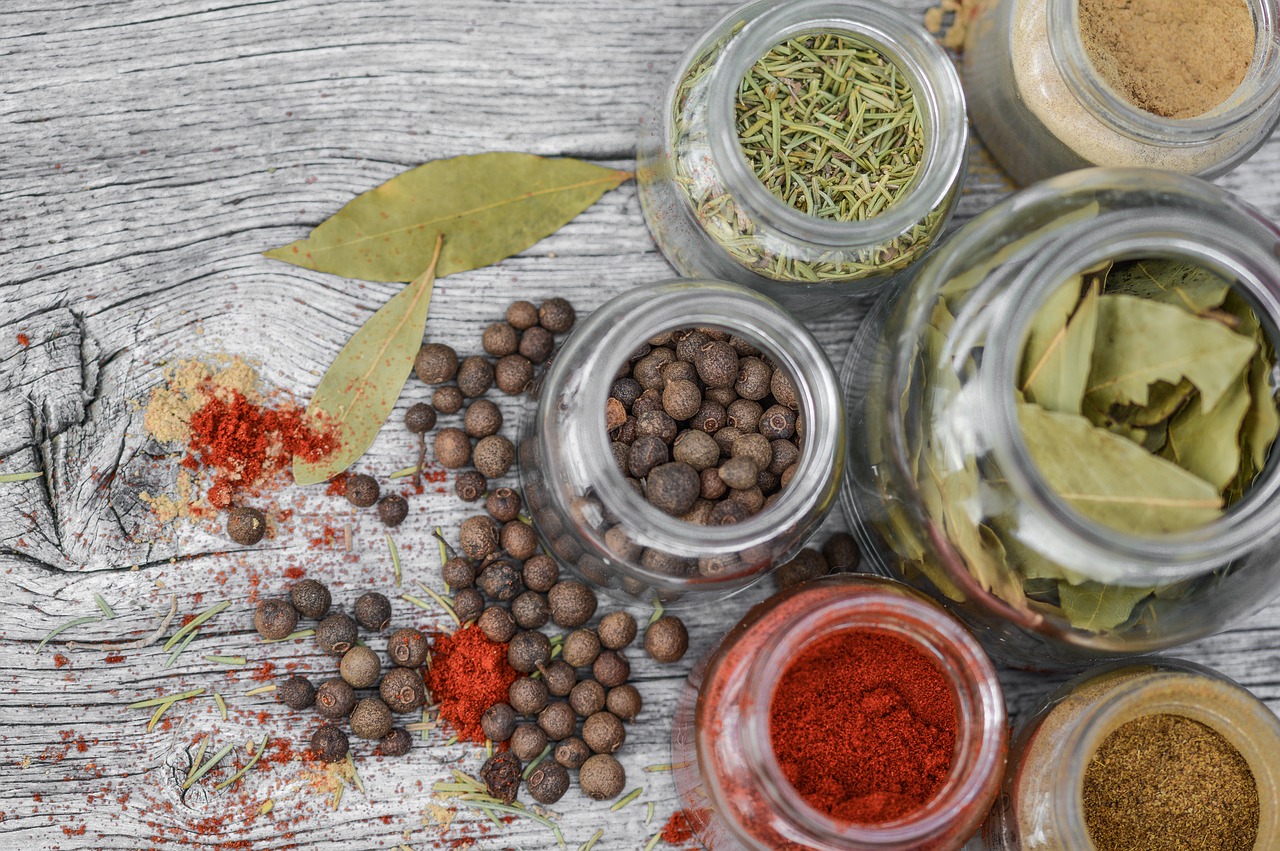
Herbal Remedies in Recovery: Do They Have a Place?
*All dietary changes and choice of supplements should be discussed with your primary care physician beforehand
Being in recovery doesn’t just mean recovering from addiction, it’s also a period of healing which should be encouraged by any means necessary. As herbal remedies continue to gain popularity around the world, more and more people in recovery are looking to them for help. The world of herbal remedies is vast, and has elements both beneficial and detrimental to recovery.
Before you go out and buy a variety of essential oils, there are some things you should first consider. Depending on what you’re recovering from, some herbal remedies can trigger addiction and hinder progress.
It’s important to remember that herbal supplementation is not a supplement to real professional treatment medical and/or otherwise. Rather, this is an examination of herbal supplementation under the advisory and guidance of a medical professional) as a means to soothe or complement structured treatment. According to SAMHSA, such things are called complementary health approaches.
Amplifying Recovery Post-Intervention
If you’ve recently made use of Recovery Care Partner’s intervention services in VA, then this article is for you. Otherwise if you know someone in recovery, this can give you some tools to help them get healthier. Any herbal remedies should be used in conjunction with a healthy diet, regular sleeping pattern, and consistent exercise for maximum effect.
Herbal Remedies and Medication
Many forms of medication are affected by the ingestion of certain herbal remedies. If you’re currently prescribed any form of medication be sure to confer with your doctor about any herbal remedies you’re considering.
Essential Oils
Perhaps the most popular form of modern herbal remedies is essential oil.
Definition
They are defined as a “natural oil typically obtained through distillation and having the characteristic odour of the plant or other source from which it is extracted.” according to Oxford Languages.
Uses
There are several common uses for essential oils:
- Inhalation – directly from the bottle, or on a cloth or other item; otherwise steam diffusers are used in aromatherapy to diffuse the oil into the air of a room.
- Topical – direct application of the essential oil to either the temples or a sore part of the body is common, but it’s better to mix it with a carrier oil as many essential oils can be irritating to the skin.
- Ingestion – some essential oils can be used in cooking or even taken as minute doses as medicine, but this should be done with extreme caution as there is no FDA regulation on the production of essential oils. We recommend not ingesting any essential oils under any circumstance due to the potential health risks.
Danger to Recovery
The process of steam distillation in which most essential oils are made also produces alcohol as a by-product. This can be extremely triggering to those in recovery from alcohol addiction. The steam diffuser can also be triggering for those in recovery from drugs which are smoked. Unless you can find a local source of alcohol-free essential oils, it may be better to avoid them completely.
Herbal Teas
Herbal teas have been used for thousands of years as a way of extracting and ingesting the healing properties of different plants. Drinking herbal teas whilst in recovery can be of great benefit, they can replace the typical beverage of an alcoholic with something incomparably healthier. They can also help to alleviate withdrawal symptoms such as irritability, appetite loss, sleep deprivation, as well as some aches and pains.
As previously stated, be sure to check with your doctor before buying any herbal teas to check if they interfere with your medication.
Helpful Herbs
Some herbal teas which can be conducive to recovery include:
- Chamomile tea – naturally reduces anxiety and aids in sleep
- Green tea – contains many antioxidants and can promote metabolism (appetite)
- Milk thistle tea – helps soothe the liver without hampering its ability to remove toxins from the body
Chamomile tea can also be a great tool to aid in an intervention, although it won’t replace the necessity of professional assistance. If you’re looking for help with intervention services (VA, GA, PA, SJ, CT, DC) then get in contact with us.
Kombucha
This ancient drink with mysterious roots in Russia has been found to be high in probiotics which can be great for the digestive system. Although, since kombucha is produced through fermentation, it usually contains trace amounts of alcohol. Recent studies have shown that kombucha is safe for Muslims, who are famously not allowed to drink any alcohol. Despite this, those in recovery from alcohol addiction should avoid kombucha until much later in recovery.
Other Herbal Remedies
There are many other herbal remedies including poultices which can be great for injuries. Be sure to do your due diligence into whether or not they’re safe for you, and always contact your doctor first.
Intervention Experts and Post-Treatment Support
Here at Recovery Care Partner we’re proud of the standard of our intervention services in VA and can assist with all parts of the process. Our post-treatment support services should be utilized to the fullest, although a degree of self-empowerment is necessary in successful recovery. Herbal remedies can empower individuals to be more aware of how they look after their body, but they should always be used correctly and appropriately.
Contact Recovery Care Partner today if you know someone who requires help coming to terms with their addiction and need for addiction treatment. Our intervention services have helped many people set foot on the path to recovery.







